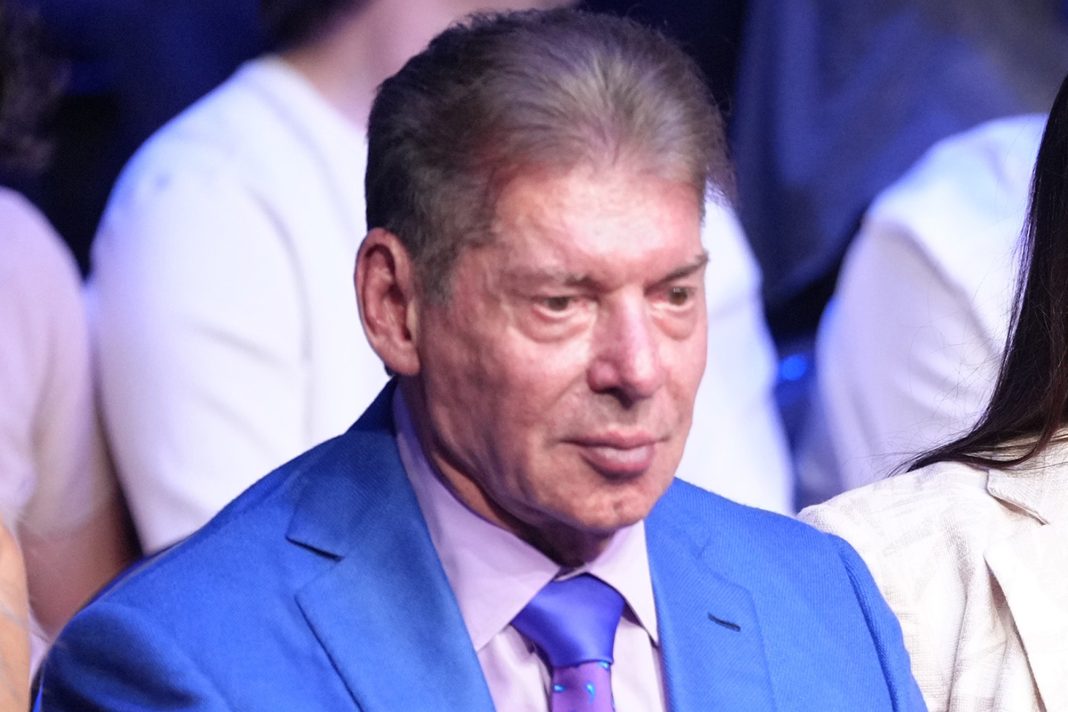In the world of professional wrestling, few names evoke as much recognition and controversy as Vince McMahon. The former chairman of WWE is at the center of renewed scrutiny with the upcoming release of the Netflix documentary titled “Mr. McMahon.” Set to premiere Wednesday, this six-episode series has already sparked outrage from its central figure, who labeled it a “misleading account” of his life.
In a detailed statement, McMahon expressed his dissatisfaction with the documentary, asserting that the producers missed an opportunity to present an objective narrative. “The producers had an opportunity to tell an objective story about my life and the incredible business I built, which were equally filled with excitement, drama, fun, and a fair amount of controversy and life lessons,” he lamented. However, based on an early viewing of a partial cut, he felt the documentary veered into sensationalism, conflating his public persona—“Mr. McMahon”—with his true self.
This conflation is particularly sensitive, considering the backdrop of serious allegations against him. In January, former WWE employee Janel Grant filed a bombshell lawsuit accusing McMahon of sexual abuse and human trafficking, leading to his resignation from TKO Group Holdings, WWE’s parent company. In the wake of these allegations, Grant’s attorney, Ann Callis, strongly rebuffed McMahon’s characterization of their relationship as an “affair,” declaring it “delusional.” Callis asserted that McMahon’s alleged actions were far from a mere private matter, highlighting the gravity of the accusations: “Vince McMahon physically and emotionally abused, sexually assaulted and human trafficked Janel Grant for more than two years.”
The documentary, directed by Chris Smith—known for his work on the sensational “Tiger King”—is positioned to delve into the complexities of McMahon’s reign over WWE. Despite McMahon’s insistence that the film employs “typical editing tricks” to misrepresent his story, it features interviews with notable wrestling figures including Dwayne “The Rock” Johnson and Stone Cold Steve Austin. This star-studded lineup suggests that the series aims to paint a comprehensive picture of McMahon’s controversial legacy, even as the subject himself calls for viewers to approach it with skepticism.
Amid these tensions, it’s crucial to examine the broader implications of such documentaries in today’s media landscape. They often serve not just as entertainment but also as cultural artifacts that can influence public perception. The portrayal of figures like McMahon can shape narratives around power, accountability, and the often blurred lines between public persona and private action.
As the release date approaches, the conversation surrounding “Mr. McMahon” is unlikely to diminish. The stark contrast between McMahon’s self-portrayal and the serious allegations against him invites viewers to reflect critically on the narratives constructed around public figures. Will the documentary succeed in presenting a balanced view, or will it reinforce the existing stereotypes that have long surrounded McMahon? Only time will tell, but one thing is clear: the saga of Vince McMahon is far from over, and the story—whether told through film or court proceedings—will continue to evolve.
In an age where the lines between reality and entertainment often blur, McMahon’s plea for an open mind serves as a reminder of the complexity inherent in any narrative. As viewers prepare to stream “Mr. McMahon,” they are encouraged not only to engage with the content but also to consider the broader context of the allegations and the implications of power dynamics in the world of professional wrestling. The documentary promises to ignite discussions that extend beyond the ring, touching on themes of integrity, accountability, and the enduring quest for truth amidst a sea of spectacle.

